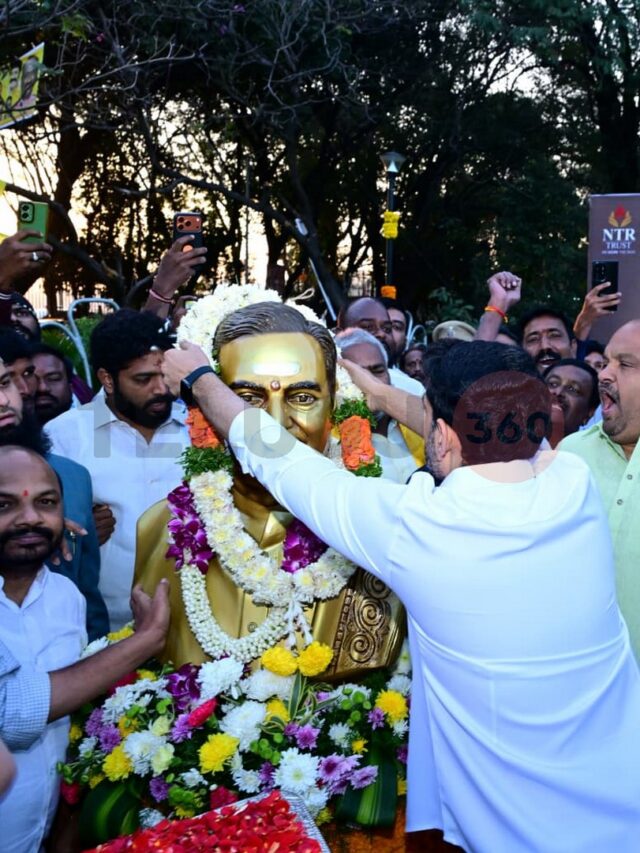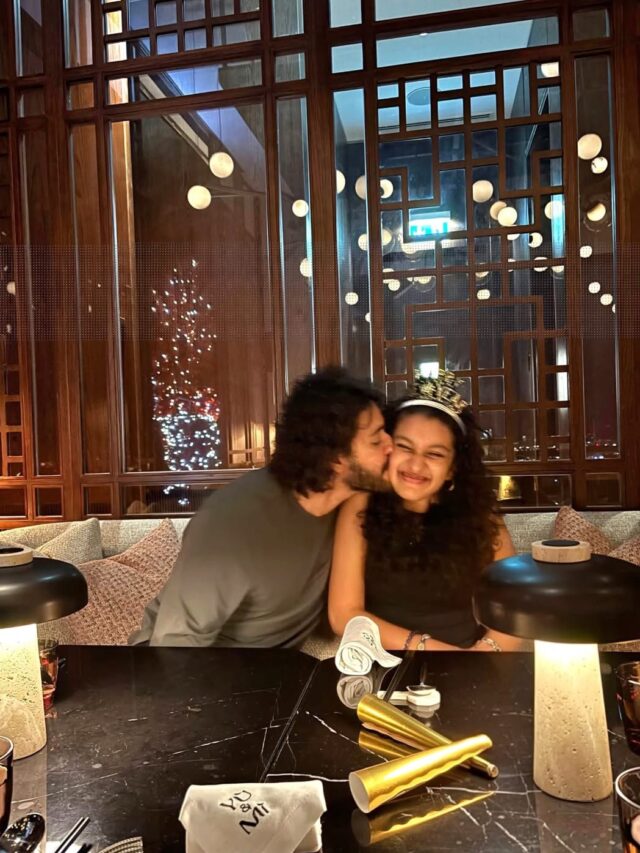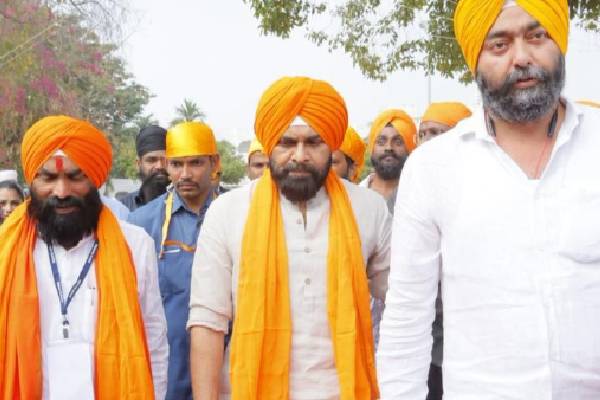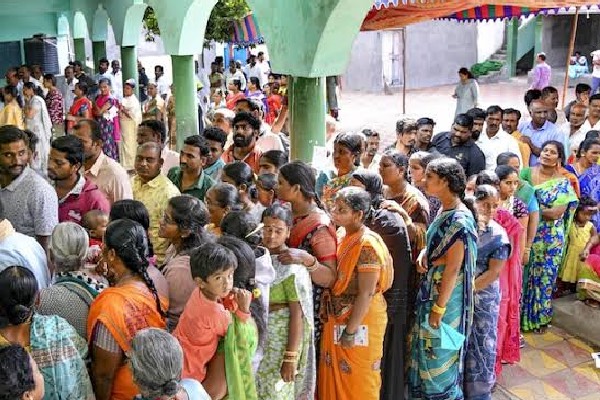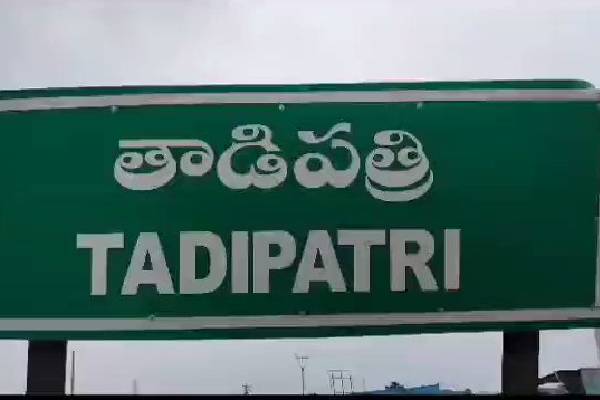As the political fervor escalates in Andhra Pradesh ahead of the 2024 elections, the state finds itself at a crossroads with various sections of the population aligning themselves with different political parties based on caste, religion, and socioeconomic factors. Understanding these dynamics is crucial for predicting electoral outcomes. Let’s delve into the voting patterns across different segments of society:
Caste and Religion Dynamics:
AP’s political landscape is heavily influenced by caste affiliations, with each community showing distinct preferences. The approximate percentage of the population based on caste/ religion in AP is as below:
– SC& ST: 23%
– BC: 32%
– OC(Hindu): 35%
– Muslims, Christian,s and other minorities: 10% (7.5%, 1.5%, and 1%)
Sub-categorization of the 35% OCs (approximate numbers) as below:
– Kapu and allied castes: 16%
– Reddy: 5%
– Kamma: 5%
– Brahmins and Vysyas: 5%
– Kshatriya and Velama: 3%
– Others: 1%
The SC and ST communities, constituting 23% of the population, largely lean towards the YSRCP, drawn by its welfare schemes targeted at their upliftment. Similarly, the Christian community accounting for 1.5% predominantly supports the YSRCP due to historical reasons and perceived religious affinity with the YS family. Some of the SCs who unofficially follow Christianity also seem to have the same affinity for YSRCP.
The Muslim community, accounting for 7.5% hugely supports the YSRCP due to late YSR’s past attempt to provide reservations to Muslims and also due to BJP’s presence in the TDP-JSP group.
Conversely, the BC community, comprising 32% of the population, exhibits a tilt towards the TDP-JSP alliance. This is attributed to perceived neglect by the ruling party and historical allegiance to the TDP, especially among certain sub-castes. Pawan’s factor also helped here as certain Kapu allied castes fall into the BC category in some areas.
Among the OC groups, except for the Reddy community staunchly backing the YSRCP, the majority tend to favor the TDP-JSP alliance. While Kamma community’s support to TDP is obvious, most of the Kapus are rallying with the TDP-JSP group this time due to Pawan factor. This was not the case in 2019 when most of the Kapus preferred YSRCP due to Mudragada and other factors.
Other sections of the OC group like Brahmin and Vysya seem to be with the TDP alliance due to the presence of BJP in this group. YSRCP seems to have alienated the Kshatriya community due to the treatment given to Rama Krishnam Raju and Ashok Gajapathi Raju in the last few years.
Government Employees and Unemployed:
Government employees, disillusioned by delayed salaries and unmet demands for increments, are inclined towards the TDP-JSP alliance, viewing it as a viable alternative. Jagan failing to fulfill his promise of abolishing CPS scheme also impacting YSRCP prospects big time.
On the other hand, the state’s unemployed population, constituting 7.5% of the total, harbors discontentment towards the YSRCP for its failure to release job calendars and fill government vacancies, signaling potential support for the opposition. On a side note, KCR losing the 2023 elections in Telangana is hugely attributed to unemployment but the unemployment is less than 5% in Telangana as per the statistics of central agencies while the same is 7.5% in AP.
Youth:
With 9 lakh first-time voters in the fray, the youth segment is a crucial demographic. Propaganda portraying Jagan’s governance as welfare-centric at the expense of developmental initiatives resonates with many, driving support towards the TDP-JSP alliance. Additionally, concerns over the lack of IT and non-IT industrial growth and job opportunities bolster this sentiment, particularly among the younger electorate.
Economic Sections: Lower and Middle Class
Among the middle class, rising prices of essentials and construction costs have fueled dissatisfaction, translating into support for the TDP-JSP alliance.
Meanwhile, women from lower economic backgrounds hugely favor the YSRCP, buoyed by initiatives such as the Amma Odi scheme and the introduction of English-medium instruction in government schools, which resonate with their aspirations for better opportunities. The upper economic class voting pattern is divided.
In a Nutshell:
38% of Jagan’s vote bank belonging to Reddy, SC, ST, Christian, and Muslim minorities is still rallying with YSRCP. Some other sections of people like lower economic class and farmers strongly support Jagan in the 2024 elections. Out of the remaining, close to 40% seem to be with TDP-JSP-BJP (Kamma, Kapu, other OC, BC and employees). The remaining 22% of the voters will finally decide the fate of the election. The voting percentage especially from middle class could be a decisive factor.
Disclaimer:
During the election, various factors influence voting behavior, including caste, religion, socioeconomic status, and governance performance. However, assuming uniform voting patterns within specific demographics would be simplistic. It would be naïve to assume that all the voters belonging to a particular caste or religion or section will vote for the same party. For instance, while many Muslims support the YSRCP, many government employees prefer TDP-JSP. Now this makes it difficult to predict which party a government employee belonging to the Muslim religion will vote for. This is just an example. The complex interplay of factors makes it challenging to predict individual voting choices. In addition, some voters prioritize government performance over other considerations, transcending religious, caste, and economic boundaries. Moreover, the influence of inducements like money and liquor further complicates the analysis, as all parties engage in similar practices. Therefore, this analysis serves as a general overview rather than an exhaustive assessment of voter behavior.
Understanding these intricate dynamics is crucial for political parties vying for power, as they seek to sway public opinion and secure electoral victories in this dynamic electoral landscape.
-ZURAN (@CriticZuran)



